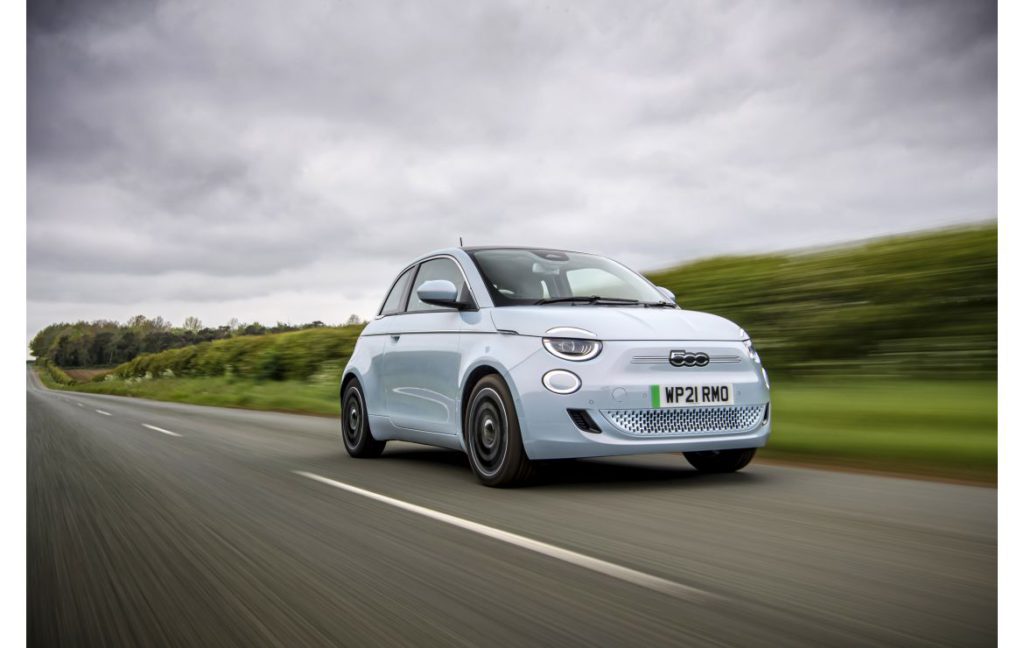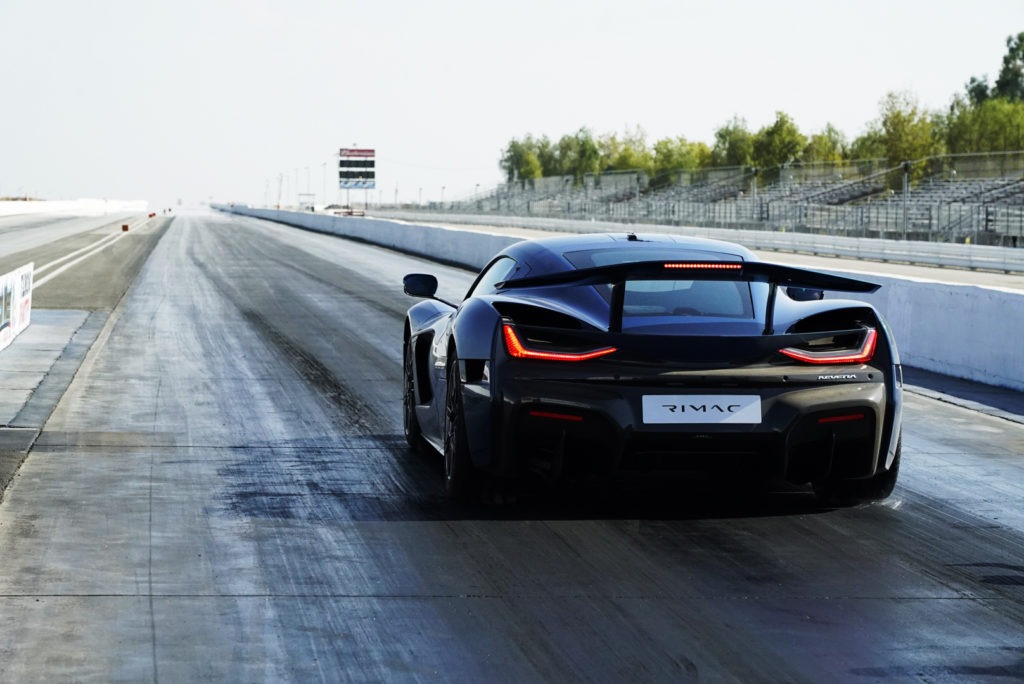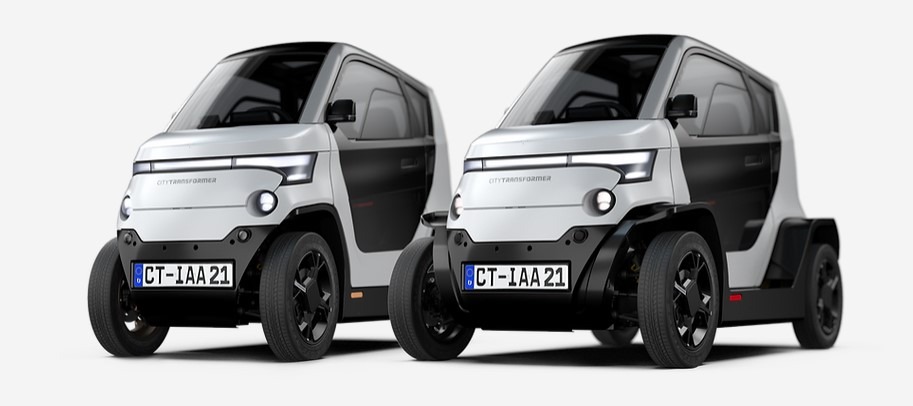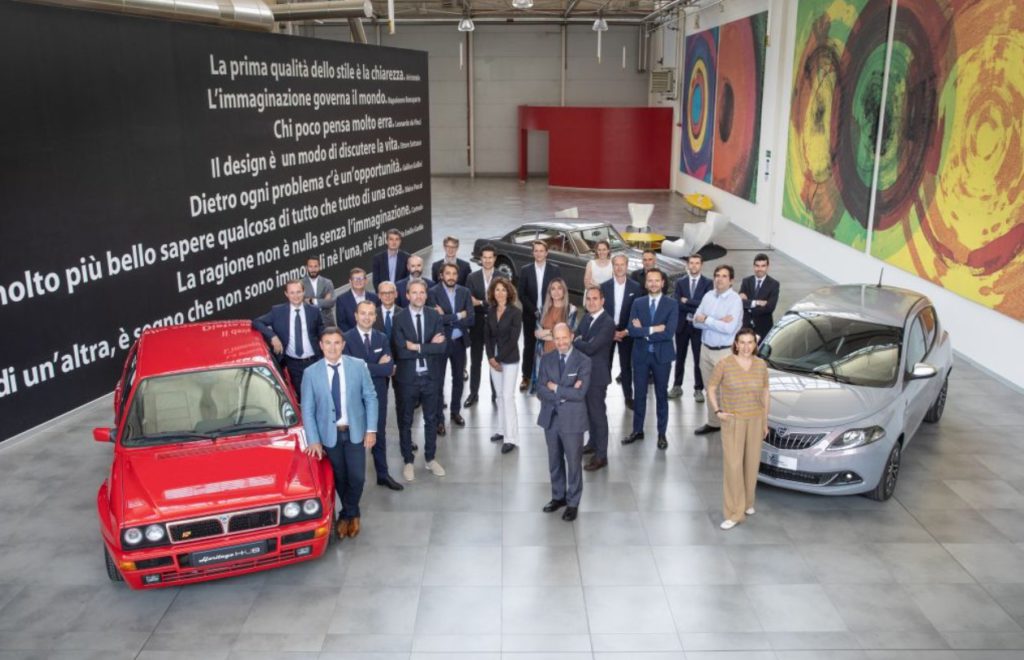Mercedes-Benz recalling nearly one million older cars worldwide
08 June 2022
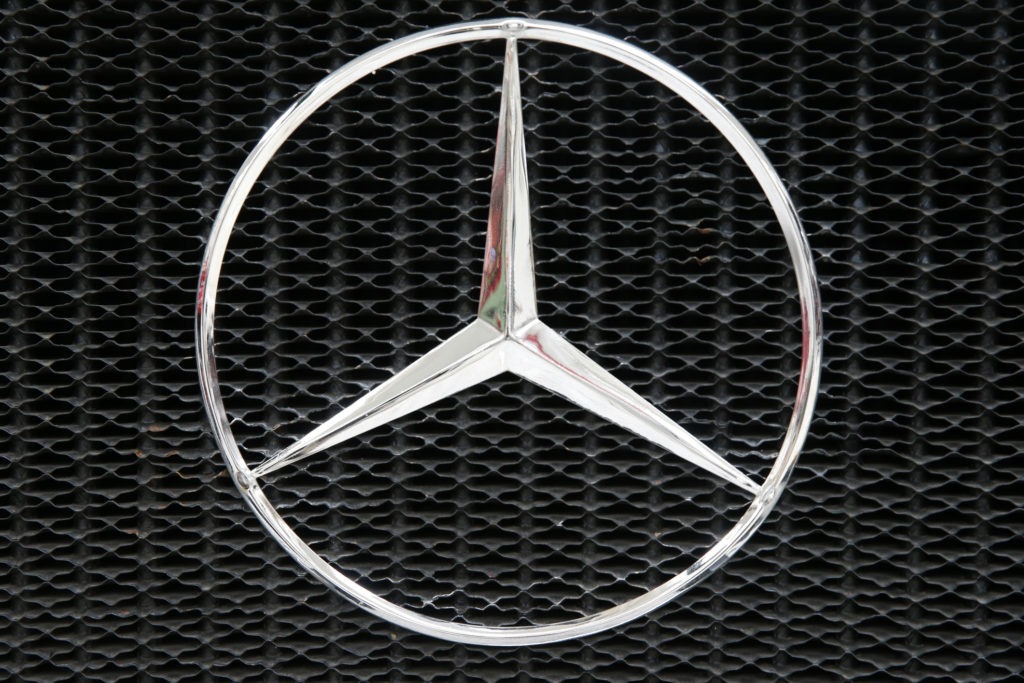
Mercedes-Benz is recalling nearly one million older vehicles worldwide due to a potential problem with the brake booster. The recall was confirmed by Germany’s Federal Office for Motor Vehicles, the Kraftfahrt-Bundesamt (KBA), which specified that models built between 2004 and 2015 are affected.
A KBA spokesperson told Autovista24 that this long time span explained the high volume of cars being recalled. Models of the ML, GL, and R-Class series are affected, of which 70,000 can be found in Germany. A total of 993,407 vehicles could be impacted by the vehicle recall across the globe.
A Mercedes-Benz spokesperson pointed out that the figures published by the KBA relate to the total number of vehicles produced in the period. ‘Since these are older vehicles, the real number of recalled vehicles will be significantly lower, but we do not know the exact number,’ they added.
Corrosion of brake booster
The European rapid-alert system for dangerous products (RAPEX), which is operated by the European Commission, also flagged the issue. It said that severe corrosion due to extended time in the field and prolonged exposure to water could lead to a leakage of the brake booster. This could reduce the braking force and mean increased brake-pedal force is needed to decelerate the car. Damage to the brake booster can increase the risk of an accident.
‘Due to severe corrosion, a particularly strong or severe braking manoeuvre may cause mechanical damage to the brake booster, preventing the vehicle from decelerating through the service brake and thus increasing the risk of an accident,’ RAPEX said.
‘The product does not comply with the requirements laid down in the regulation on the approval and market surveillance of motor vehicles and their trailers, and of systems, components and separate technical units intended for such vehicles.’
Mechanical damage cannot be ruled out
When contacted by Autovista24, Mercedes-Benz said the recall was based on analysis of individual cases. The premium brand is in touch with customers and has started an immediate recalling process. The manufacturer is also asking affected drivers to not use their vehicles until an examination has been carried out.
‘We have found that in some of those vehicles, the function of the brake booster could be affected by advanced corrosion in the joint area of the housing,’ Mercedes-Benz added.
‘In the case of particularly pronounced corrosion, it cannot be ruled out that mechanical damage to the brake booster could occur during a strong or hard braking manoeuvre and the connection between the brake pedal and the brake system could be interrupted. In this very rare case, it would no longer be possible to brake the vehicle using the service brake. This would increase the risk of accidents and injuries. The function of the foot-parking brake is not affected.’
Data from the European alert system shows that in 2021, 45 carmakers announced 358 recalls, with Mercedes-Benz reporting the most recalls, followed by Volkswagen (VW), Citroën, Audi, and Opel.
The German luxury brand is not the only manufacturer dealing with braking issues. In the US, the National Highway Traffic Safety Administration (NHTSA) is investigating complaints from around 750 Tesla owners who have reported problems with the brakes. The issue, which is known as phantom braking, can cause a car to decelerate at random. In April, it was also reported that Ferrari would recall around 2,000 cars in China because of a potential fault in its braking systems.
